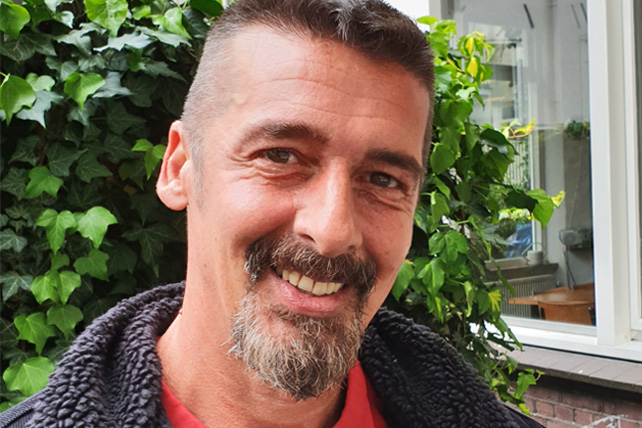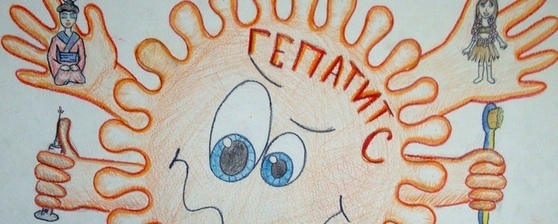Leon Knoops is an outreach worker and trainer at the Mainline Foundation in the Netherlands. He began focusing on drug use among gay and bisexual men in 2010, and has provided chemsex training, workshops, and presentations to professionals, gay men, and the LGBT community since 2015.
Leon spoke to TalkingDrugs about the importance of harm reduction for chemsex, and the challenges of his work.
TalkingDrugs: How did Mainline move into providing harm reduction for chemsex?
Leon Knoops: In 2014 and 2015, Mainline researched the use of crystal meth and drug injecting (“slamming”) in a sexual setting among gay and bisexual men. We found that many respondents reported physical, mental, and sexual issues due to drug use, and that there was a lack of accessible information for professionals and gay men. This led to us setting up chemsex-related harm reduction activities and interventions.
Since July 2016, we have organised meetings for gay and bisexual men who are into chemsex and, separately, for those who have left the scene. We have published harm reduction information on safe injecting and hepatitis C, we organise debates for gay men to start a dialogue about problematic chemsex, and have developed an informative website: www.sexntina.nl.
Mainline provides chemsex training to health and addiction care professionals to share our expertise, counter stigma, and provide tools for establishing dialogue without judgment.
TD: What challenges do you face in ensuring that people who engage with chemsex can be reached with harm reduction interventions?
LK: Chemsex almost always takes place in a private setting, so people who use problematically are nearly invisible. Thus, outreach work is essential. The first challenge is to start an open conversation and establish trust. While talking about drugs, it’s important to not stigmatise people who use drugs. We acknowledge that many gay men use drugs sensibly and don't suffer serious negative health or sexual consequences. We talk about the added value of drugs, but also about the risks and underlying issues of use. We zoom in on men’s needs for information, and ask for feedback before taking action. We use the right tone of voice, listen carefully, and create a safe environment, as problematic chemsex is often surrounded by shame and guilt.
TD: Do you think chemsex as a phenomenon is relatively new, or is it becoming more widely understood and therefore increasingly reported on and discussed?
LK: The use of drugs during sex has been growing as a worldwide phenomenon since 2012, particularly among gay men, which coincides with the rise of dating apps. Most men tell us that they don’t know how to have sober sex or how to reframe their sex life, and they question why they stick with chemsex.
Problematic chemsex is a complex phenomenon with often intertwining underlying issues, including experiences of loneliness or a lack of meaningful connections. Furthermore, gay sex has long-been surrounded by an air of guilt, shame, and even revulsion; a stigma which has been compounded with danger and disease since the AIDS crisis of the 1980s.
TD: What can harm reduction services do to ensure people engaged in chemsex can access services?
LK: We need more understanding, support, and strategising in order to provide appropriate help to men who are suffering from negative effects of chemsex, as drug services are often poorly equipped to support them. We frequently hear stories from men who dropped out from services because of the lack of expertise, or because of awkwardness and prejudices around drug use in relation to gay sex. Treatment can’t only be focused on abstinence. In Mainline's opinion, men require a holistic approach when struggling with chemsex issues. We must look at all the complex issues relating to sexual identity, drug use, and psychology. Drug centres must work more closely with mental and sexual health services.
TD: What is the most important harm reduction message you can give anybody?
LK: Break the stigma around drug use, gay sex, and bare sex (sex without condoms). Support PrEP. Get informed, be curious, and – most importantly – keep an open mind; be aware of your subconscious judgements and potential self-stigma. Know that it takes time to build trust and connection.
TD: What’s your favourite song?
LK: Safe From Harm – Massive Attack
—
Leon is speaking at the Harm Reduction International Conference 2019 (HR19) in Porto, on 29 April 2019. Read HR19’s full programme of events here.


